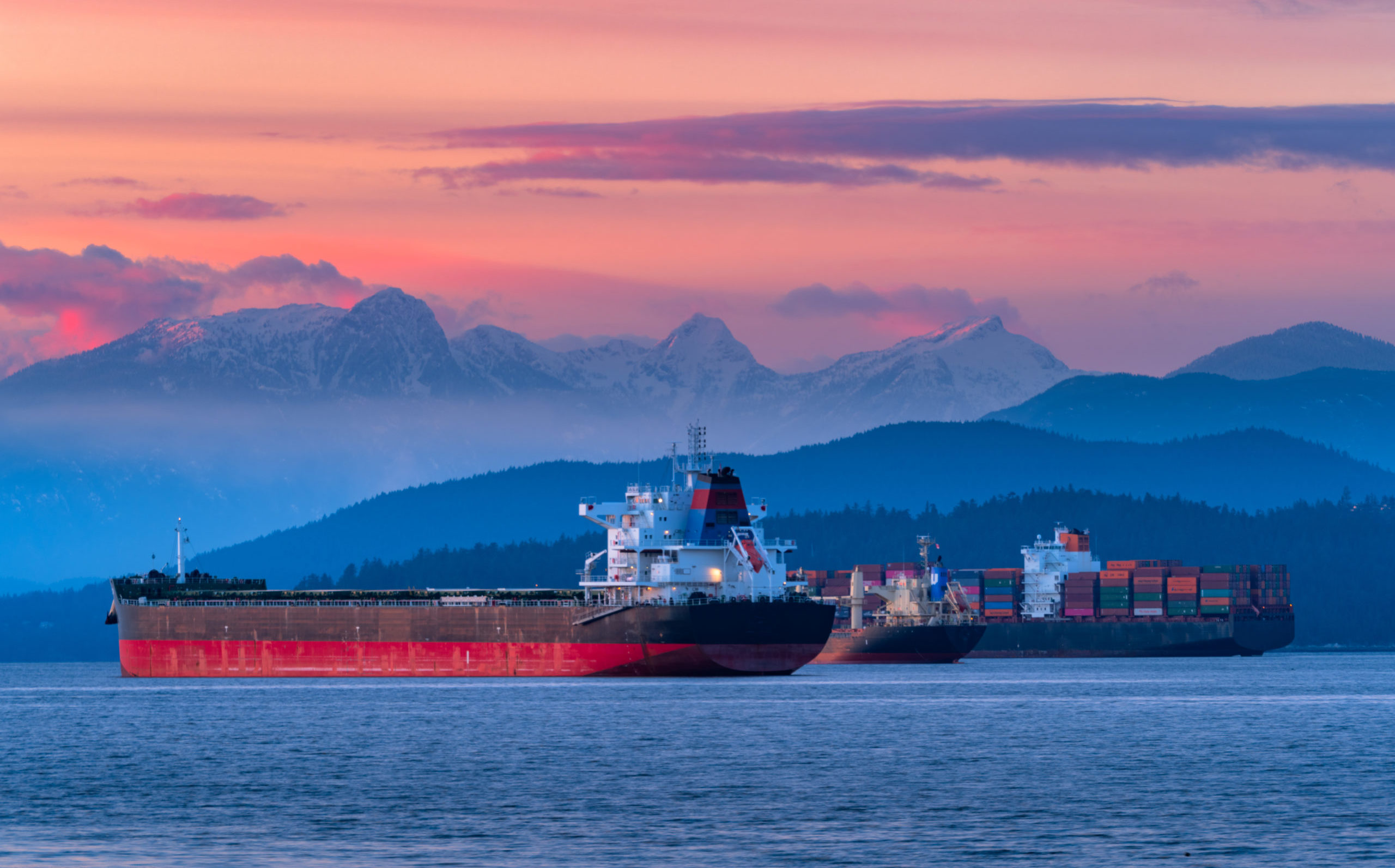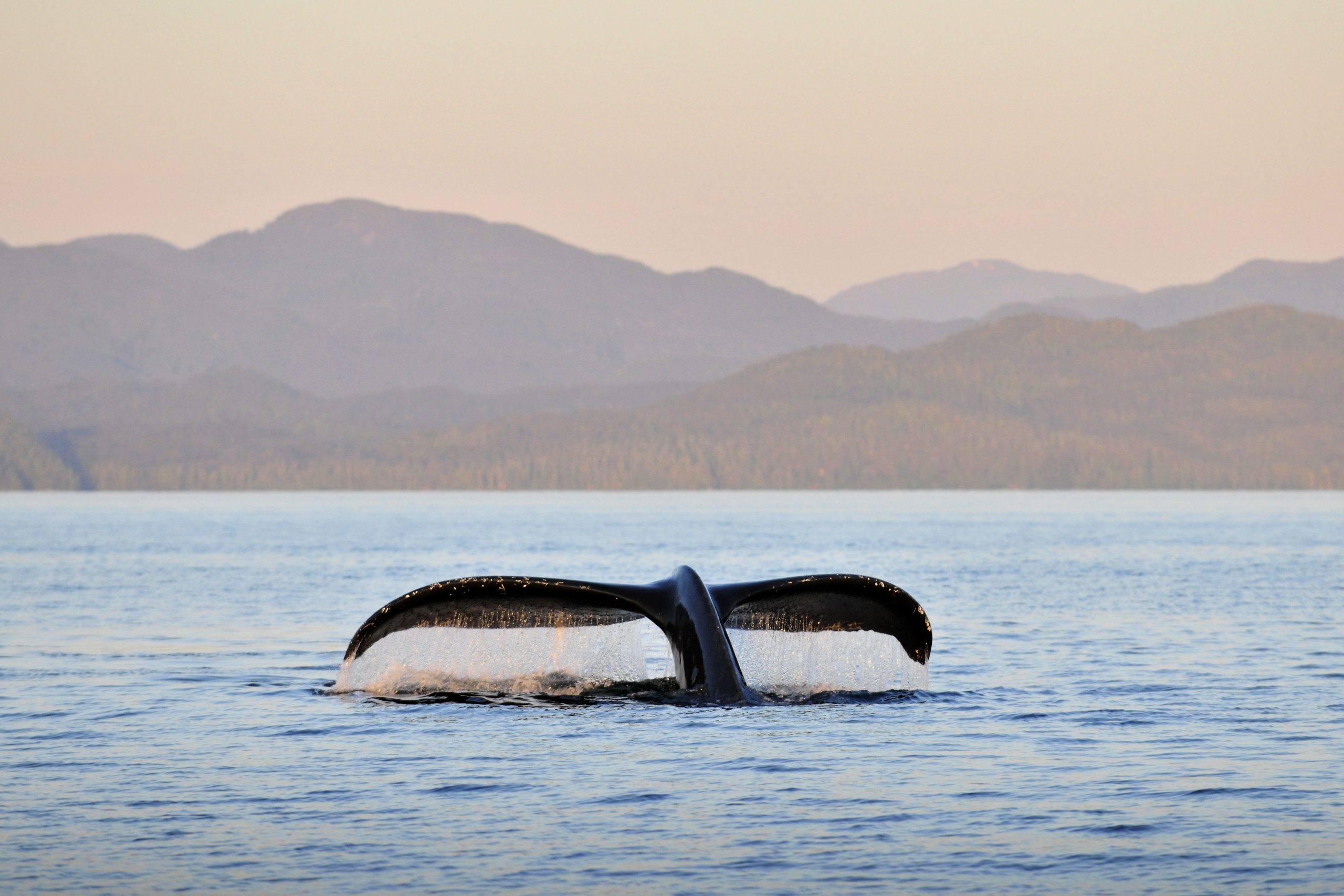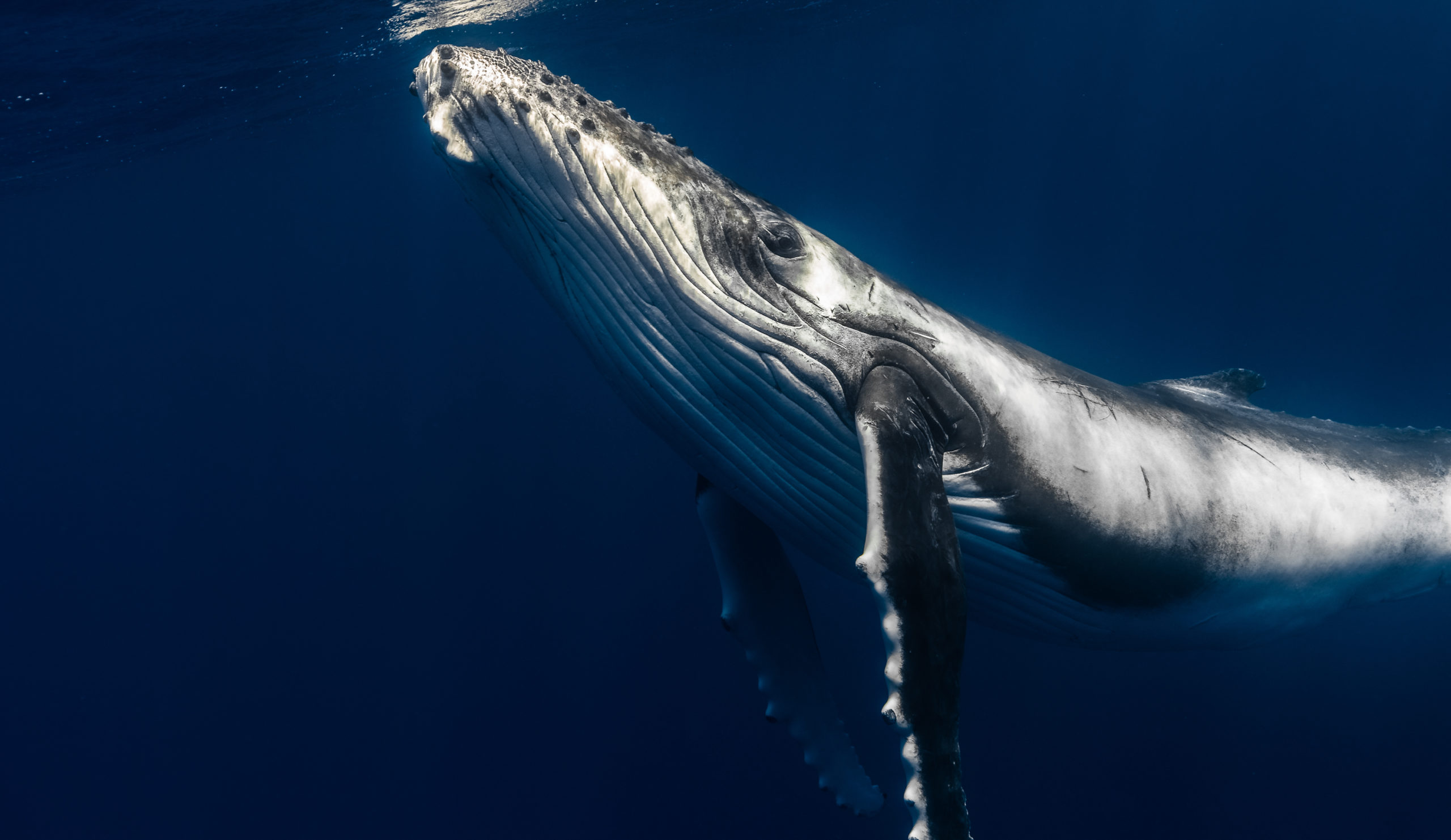Centuries of overuse and neglect threaten to leave us with a vast blue wasteland. It’s time to change how we see the ocean from a place where we take what we want and dump what we don’t, to a shared resource of immense value and fragility.
Once considered an inexhaustible source of food, the ocean is now in a state of global crisis caused by overfishing, poor management and a changing climate. Over the past 50 years, many large ocean fish such as bluefin tuna, cod and sharks have been fished to the point of collapse. Today, about 80 per cent of the world’s fish stocks are fully exploited, overexploited or depleted.
Bycatch, which is the unintended capture of certain species, is one of the biggest problems in fishing. Every day, millions of non-target fish are caught and die. Each year, more than 250,000 marine turtles, 300,000 cetaceans (whales, dolphins and porpoises) and thousands of endangered sharks are trapped in commercial fishing gear.
Other demands on the ocean are accelerating. Shipping, tourism, oil and gas, renewable energy and the increase of coastal development — all of these take a toll on ocean habitats and species. What’s more, climate change is changing ocean temperatures and causing the ocean to become more acidic. We urgently need smart ocean management plans that will protect important ecosystems and keep the ocean healthy.






















